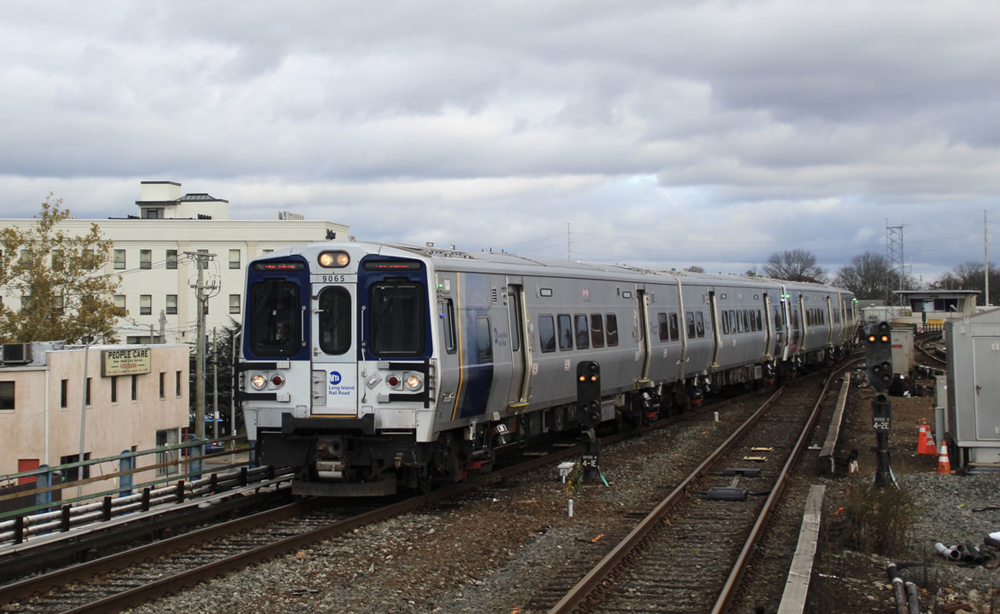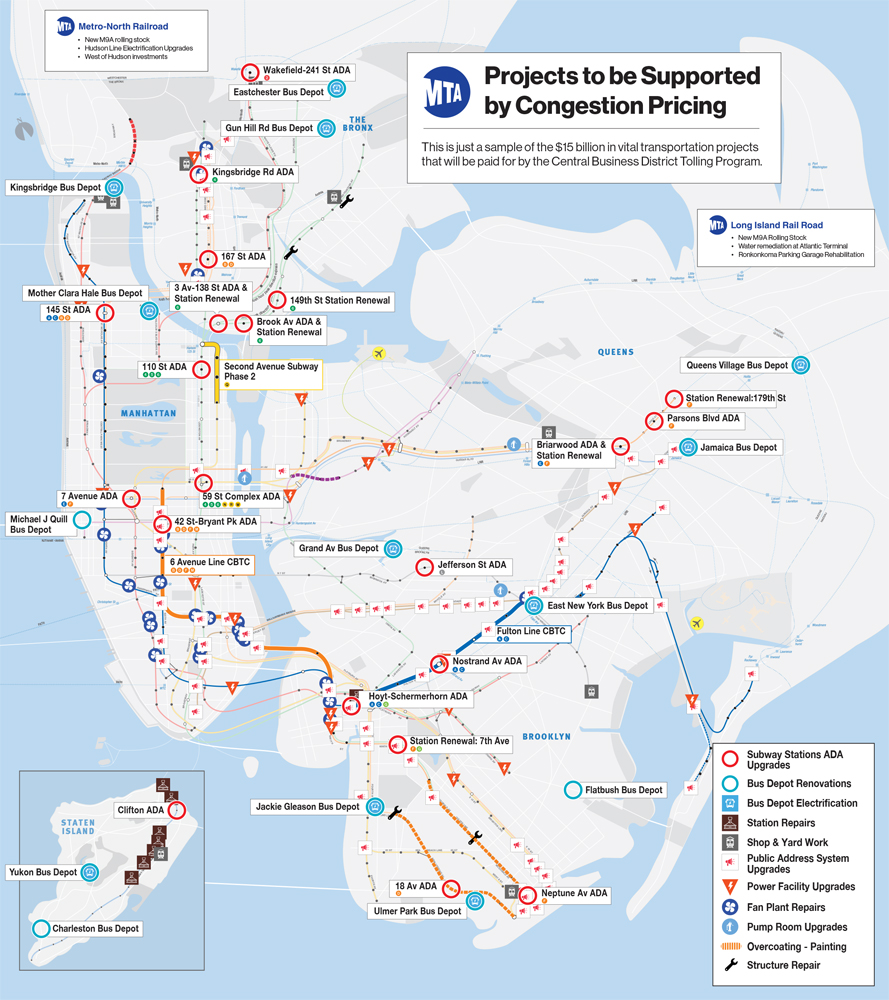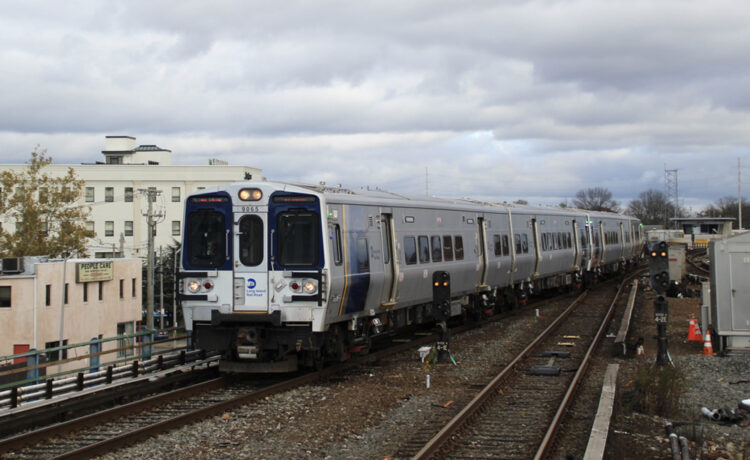
NEW YORK — The Metropolitan Transportation Authority, which had previously announced it was placing much of its capital spending on hold because of uncertainty over implementation of Manhattan’s congestion pricing plan, on Monday detailed the projects at risk while the lawsuits against congestion pricing are pending.
Congestion pricing, intended to discourage driving in Manhattan below 60th Street by charging a toll of $15 during the day and $3.75 at night, is the subject of at least four federal lawsuits to halt the practice, set to start later this year [see “New York MTA halts new contracts …,” Trains News Wire, Feb. 19, 2024]. Among arguments made by the suits is that the program discriminates against lower-income individuals, that it will increase traffic elsewhere in Manhattan, and that it will place an undue burden on New Jersey commuters.
The MTA says anticipated proceeds of $15 billion from congestion pricing bonds make up more than 50% of the funds in its capital program, and with those funds uncertain, the capital program must be placed on hold except for “limited, urgent exceptions.”
“Congestion pricing is foundational to the MTA Capital Program,” MTA Construction & Development President Jamie Torres-Springer said in a press release. “With the lawsuits challenging the program, critical projects to maintain and improve our transit system and more than 20,000 jobs are at risk of delay or disruption.”
Among the funding affected is $1 billion for new subway cars, new M9A electric multiple-unit cars for the Long Island Rail Road and Metro-North Railroad, and new LIRR locomotives, as well as signal modernization projects for the A-C line in Brooklyn and the B, D, F, and M lines in Manhattan. Those projects, now being delayed, calle for the installation of communications-based train control, as well as replacement of 70 switches and 17 interlockings dating to the 1930s. The press release also lists 18 subway stations where planned accessibility improvements will be delayed and six others where renewals are at risk, along with upgrades to public address systems at more than 70 stations.
Also affected at planned purchases of 250 electric buses and 11 depots to operate and maintain electric buses; future contracts for the extension of the Second Avenue Subway; state-of-good-repair work across the MTA; and Metro-North improvements on West of Hudson lines and electrification of the Hudson Line south of Croton-Harmon.
The agency released the map below showing projects it said will be supported by congestion pricing. A full-size version of that map is available here.
















